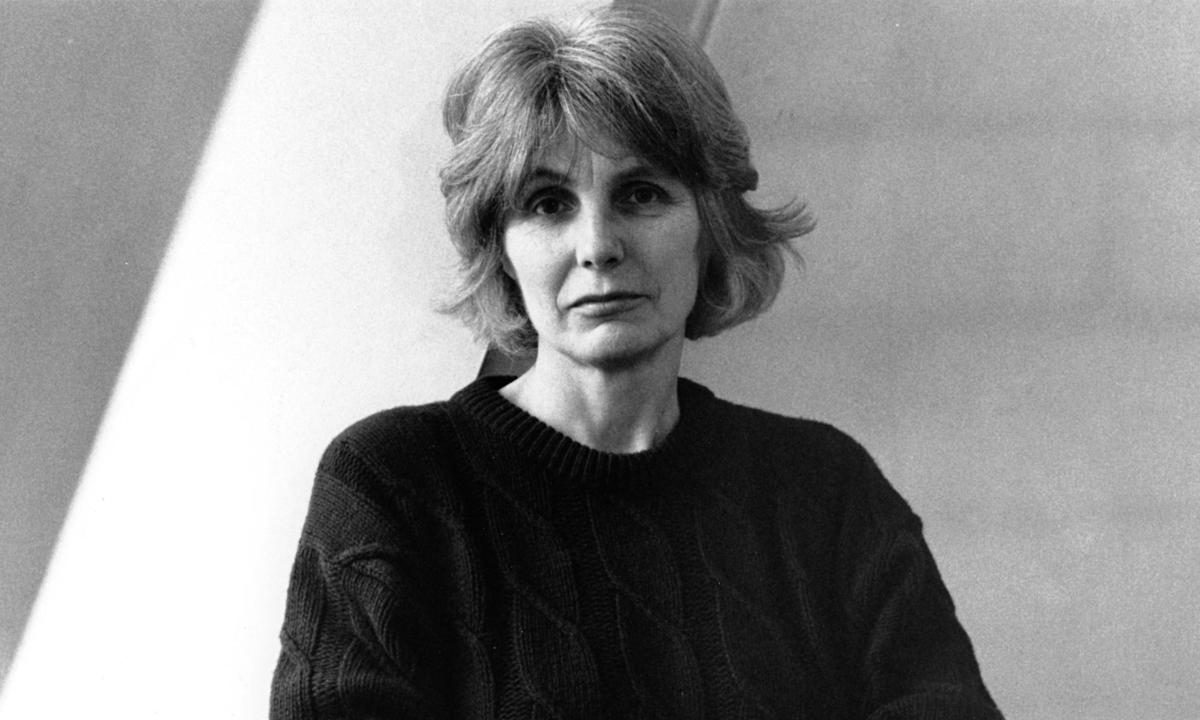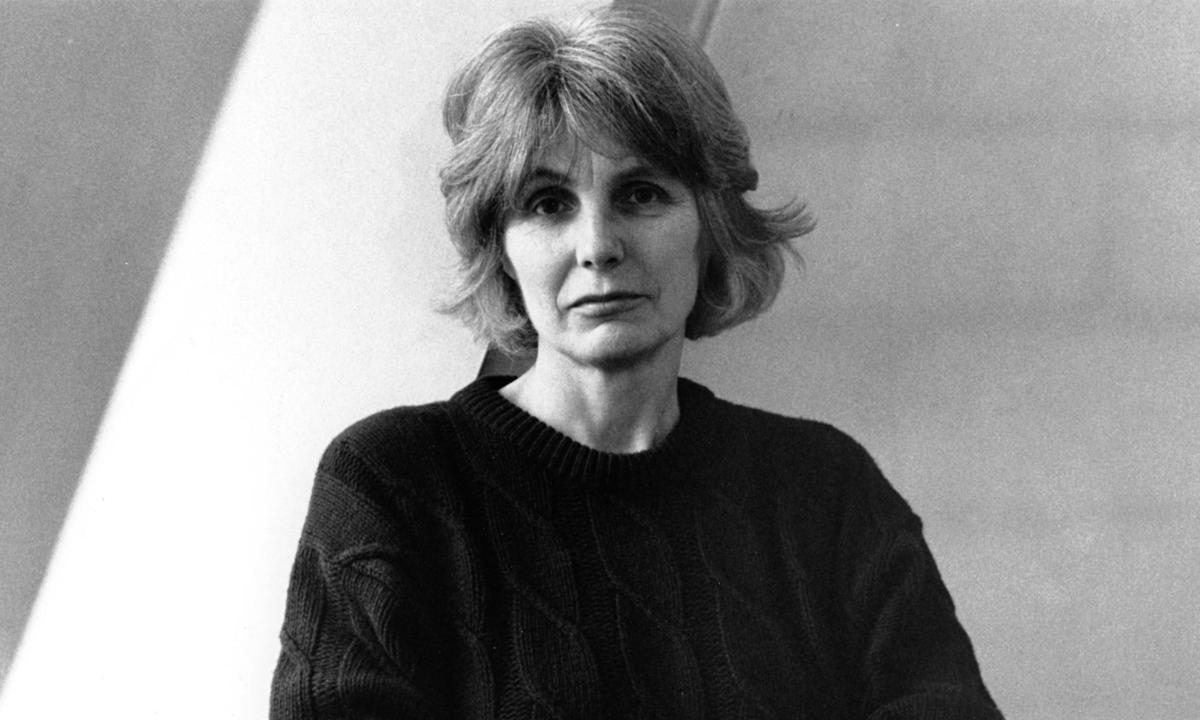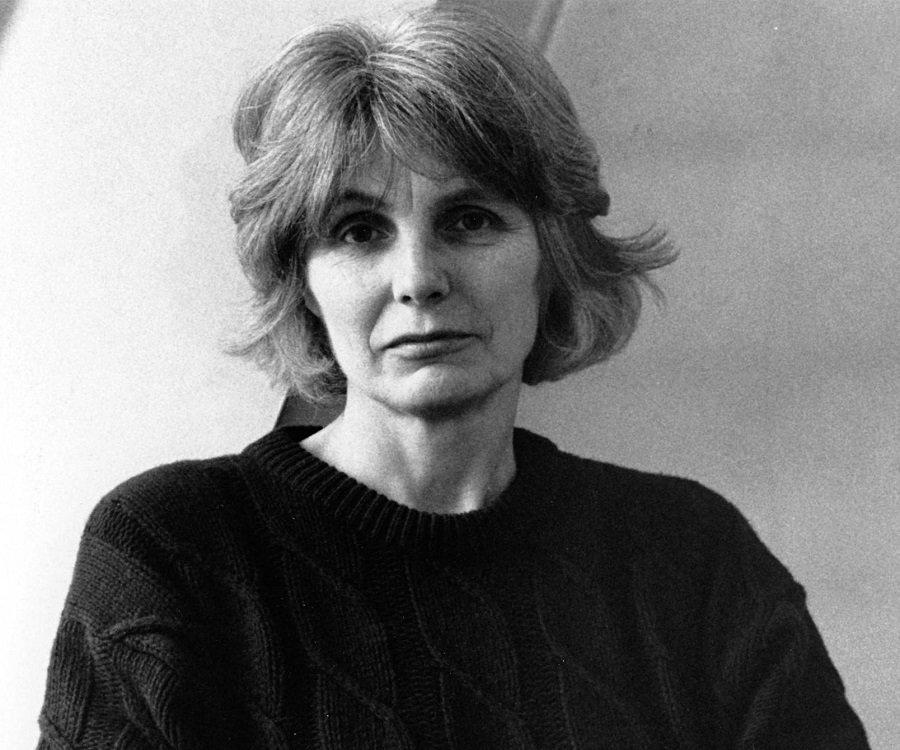Caryl Churchill’s plays have always toyed with the form and tested its limits. Her two most celebrated early works, Cloud Nine and Top Girls, folded historical fantasias into modern explorations of gender, sexuality and power. More recently, A Number imagined a nature-vs.-nurture confrontation between a father and his multiple cloned sons.
Now she’s turning her passionate if rather pessimistic view of humanity to our present age of exploding knowledge and fraying connections. Love and Information, opening next weekend in the UMass Curtain Theater, startlingly dramatizes the splintered nature of today’s relationships — not via the indictment of Twitter culture that has become such a commonplace, but by fragmenting the play itself.
It’s composed of 52 short two- and three-person scenes lasting anywhere from 30 seconds to a few minutes. In addition, Churchill provides no stage directions or character descriptions. Each scenelet is made up of undifferentiated paragraphs of dialogue, mostly short lines and partial sentences with overlaps and interruptions. Some are rather oblique, challenging director and cast to puzzle out the characters and the stories they’re telling, but most are readily identifiable as unnervingly typical present-day interactions.
The focus of this fractured lens oscillates between the “love” and “information” portions of the title, but most of them manage in clever and surprising ways to combine the two. One of the shortest dialogues begins, “What sex evolved to do is get information from two sets of genes so you get offspring that’s not identical to you. … So sex essentially is information.” (To which the other character replies, “You don’t think that while we’re doing it, do you?”)
While some moments are chilling, there’s a great deal of whimsical humor. One of the longer pieces involves a mnemonics lesson that spirals into an Abbott and Costello-esque routine. The play, says dramaturg Claudia Nolan, “is really about the transience and ephemerality of life and relationships. We are looking at how things come and go, and how we ‘know what we know’ — or don’t.”
The UMass production is played on a bare stage where lighting and shifting panels define the short scenes and quick transitions between them. An important part of the rehearsal process, Nolan says, has been “examining how all of the pieces of this play fit together. We have come to think of it a bit like pointillism, in that the whole only really emerges from seeing all of the pieces together.”
Likewise, for the 15 actors playing over 100 different characters, the challenge is making each one an individual within the mosaic. “We’ve spent a lot of time working with the actors on the individual scenes,” Nolan explains, “requiring that they make very specific choices about who and where they are and what they are doing. Even though much of the dialogue is quite neutral and lacking in specifies, we feel that the actors need to portray a truth within each scene for them to really resonate.”
Information, she says, “means a lot of different things to many people.” In this production, “we examine everything from communication to technology to the knowledge possessed by the body even if the mind cannot acknowledge it. Love then comes — or doesn’t — from our (in)ability to understand and express that.”
Feb. 25 & 27 and March 1-5, Curtain Theater, UMass, Amherst, umass.edu/theater, tickets fac.umass.edu/online, 545-2511 or 800-999-UMAS.
Photo of Caryl Churchill by David Sillitoe
Chris Rohmann is at StageStruck@crocker.com and valleyadvocate.com/author/chris-rohmann





